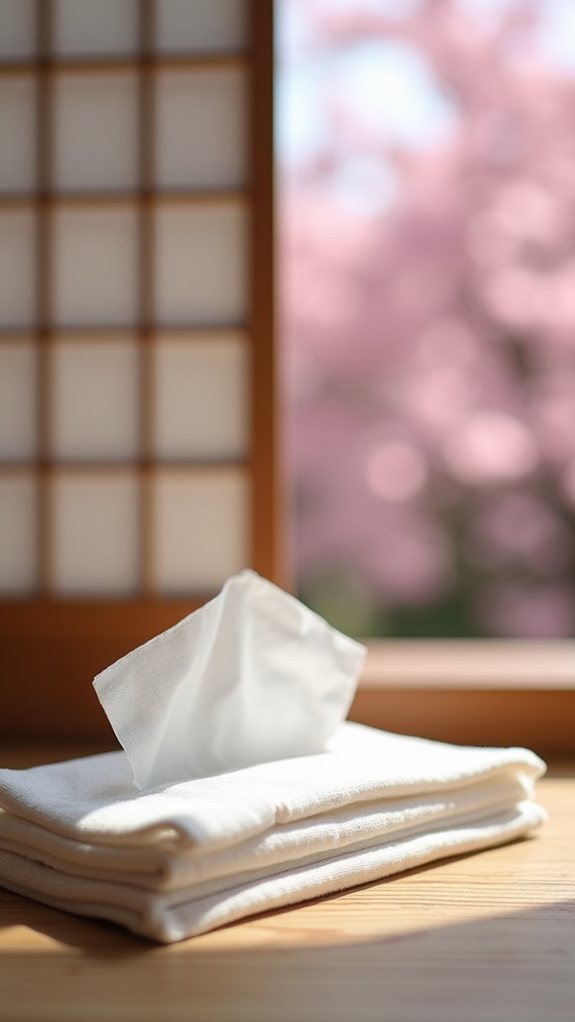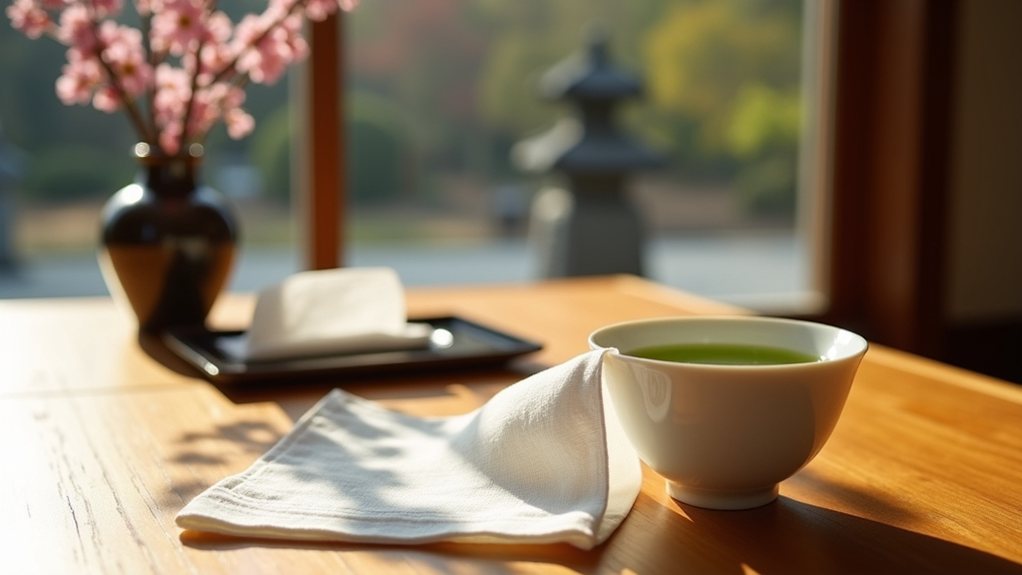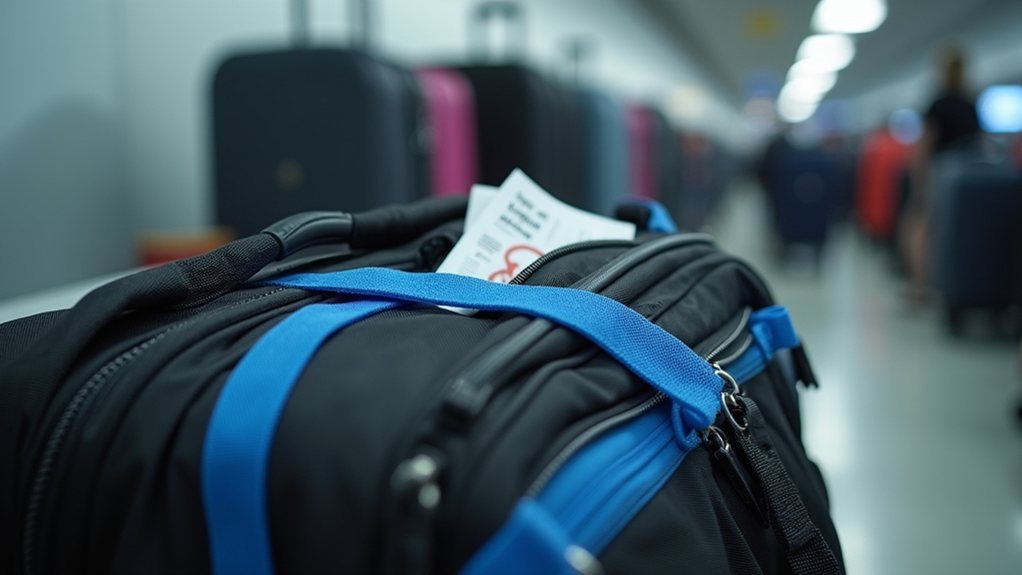Travelers often unwittingly commit cultural blunders that locals find jarring, with nose-blowing ranking among the most offensive behaviors in certain countries. In Japan, where the practice is deemed “kusai,” or smelly and uncivilized, public nose-clearing can instantly mark someone as an ill-mannered gaijin. Likewise, South Koreans might visibly recoil at the sound of a forceful nose blow in shared spaces. These seemingly innocent bodily functions carry significant cultural weight, and the repercussions extend beyond mere disapproving glances.
Cultural Missteps That Could Offend Locals Abroad

What seems perfectly normal at home can be downright offensive abroad. Take blowing your nose in public in Japan, where this common Western practice is considered disgusting and inappropriate. Instead, locals will quietly excuse themselves to handle such matters in private, returning only when proper etiquette has been restored.
Likewise, eating with your left hand in many Middle Eastern countries is a major taboo, as that hand is traditionally reserved for bathroom hygiene.
In Middle Eastern dining, your left hand isn’t just idle—it’s culturally unclean and a dining faux pas to be avoided entirely.
Even the simplest interactions can become diplomatic incidents. Addressing someone by their initial name in formal settings in countries like South Korea might get you labeled as presumptuous, while failing to stand when an elder enters the room in Pakistan shows a startling lack of respect. In China, elders should enter a room first as a sign of deference and respect.
In France, skipping the customary “Bonjour” before launching into conversation brands you as rude immediately, regardless of how polite your actual question might be. In Thailand, touching someone’s head is highly disrespectful as it’s considered the most sacred part of the body.
Your wardrobe choices speak volumes too. Those comfortable sleeveless tops won’t gain you entry to Catholic cathedrals, and revealing clothing in the UAE could result in more than just disapproving glances.
And perhaps think twice before crossing your arms during a toast in Hungary—you might inadvertently be wishing bad luck on everyone present.
In countries like Saudi Arabia and South Korea, it’s better to quietly sniff than blow your nose in public spaces, as the latter is considered impolite.
In Dubai, remember that public intoxication is strictly prohibited regardless of how acceptable it might be in your home country, with severe penalties applied to offenders.
The solution isn’t to memorize an encyclopedia of global etiquette but rather to approach travel with cultural humility. Watch what locals do, ask questions when appropriate, and keep in mind that a genuinely apologetic smile works wonders when you inevitably commit a cross-cultural blunder.
After all, most people appreciate the effort to respect their customs, even if your execution isn’t perfect.






